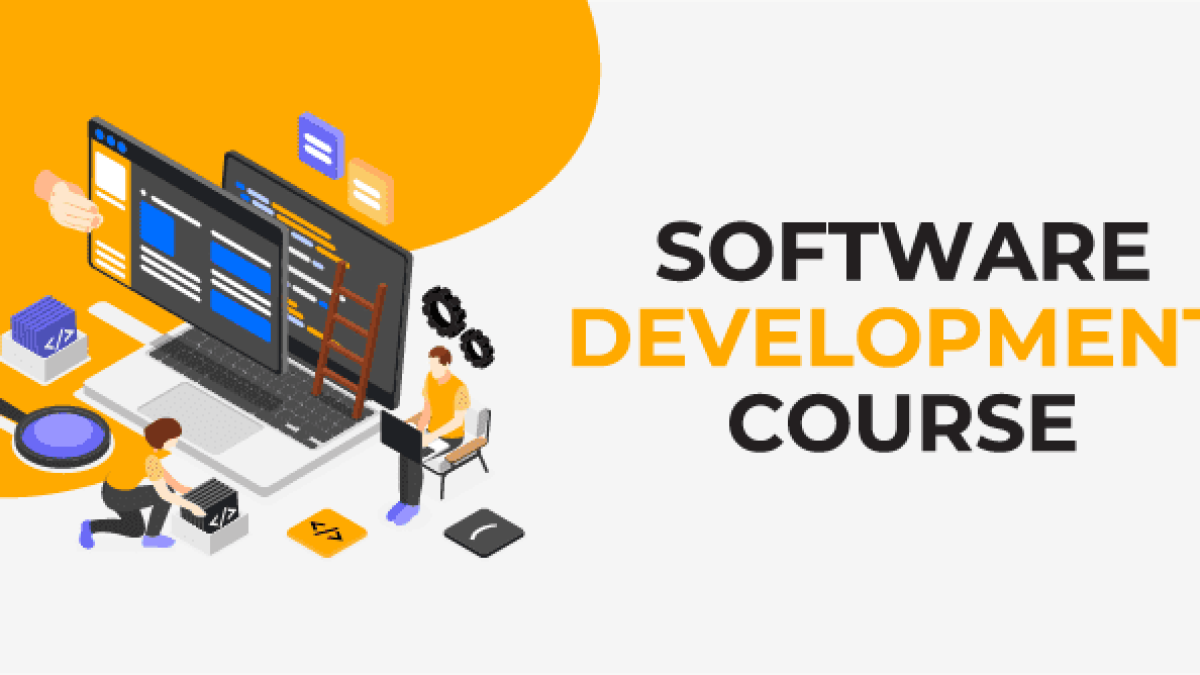15 Profitable Consulting Business Ideas
- 01 May 2024
- by: Aniyya Nawab
- in: New Technologies
- note: no comments
15 Profitable Consulting Business Ideas to Launch Your Entrepreneurial Journey
Are you considering starting your own consulting business but unsure where to begin? Look no further! In this article, we’ll explore 15 profitable consulting business ideas that have the potential to thrive in today’s dynamic marketplace. From digital marketing to financial advisory services, there’s a consulting niche for every aspiring entrepreneur. Let’s dive in:
 1. Digital Marketing Consulting
1. Digital Marketing Consulting
With businesses increasingly turning to digital channels for marketing, there’s a growing demand for digital marketing consultants. Offer services such as social media strategy, content marketing, SEO, and email marketing to help businesses enhance their online presence and reach their target audience.
2. Business Development Consulting
Help businesses grow and expand by providing strategic guidance on sales, marketing, partnerships, and market expansion. Offer insights into identifying new opportunities, developing growth strategies, and optimizing business processes for maximum efficiency and profitability.
3. Financial Advisory Services
Provide personalized financial advice and guidance to individuals and businesses. Offer services such as investment planning, retirement planning, tax optimization, and wealth management to help clients achieve their financial goals and secure their financial future.
4. HR Consulting
Assist businesses with their human resources needs by offering services such as talent acquisition, employee training and development, performance management, and HR compliance. Help businesses build and maintain a strong and motivated workforce.
5. IT Consulting
Provide expert advice and guidance on technology-related issues, including software development, cybersecurity, network infrastructure, and IT project management. Help businesses leverage technology to improve efficiency, reduce costs, and achieve their business objectives.
6. Management Consulting
Offer strategic advice and guidance to businesses on a wide range of management issues, including organizational structure, leadership development, change management, and operational efficiency. Help businesses optimize their operations and achieve sustainable growth.
7. Health and Wellness Consulting
Help individuals and businesses improve their health and wellness by offering services such as nutrition consulting, fitness coaching, stress management, and wellness program development. Empower clients to lead healthier and happier lives.
8. Environmental Consulting
Assist businesses with their environmental sustainability efforts by offering services such as environmental impact assessments, waste management, energy efficiency consulting, and sustainability planning. Help businesses reduce their environmental footprint and comply with regulations.
9. Real Estate Consulting
Provide expert advice and guidance to individuals and businesses on real estate-related matters, including property investment, property management, real estate development, and market analysis. Help clients make informed decisions and maximize their returns.
10. Legal Consulting
Offer legal advice and guidance to individuals and businesses on a wide range of legal issues, including contracts, intellectual property, regulatory compliance, and dispute resolution. Help clients navigate the legal landscape and protect their interests.
11. Education Consulting
Assist educational institutions and organizations with curriculum development, teacher training, student assessment, and educational technology integration. Help improve educational outcomes and enhance the learning experience for students.
12. Event Planning Consulting
Provide expert advice and guidance on event planning and management, including venue selection, budgeting, vendor management, and marketing. Help clients create memorable and successful events that meet their objectives.
13. Travel Consulting
Assist individuals and businesses with their travel planning and arrangements, including itinerary planning, destination recommendations, transportation booking, and travel insurance. Help clients create unforgettable travel experiences and navigate the complexities of travel logistics.
14. Fashion Consulting
Offer style advice and guidance to individuals and businesses on fashion-related matters, including wardrobe planning, personal shopping, image consulting, and fashion branding. Help clients express their personal style and enhance their confidence.
15. Social Media Consulting
Help businesses enhance their social media presence and engagement by offering services such as social media strategy development, content creation, community management, and influencer marketing. Assist clients in leveraging platforms like Facebook, Twitter, TikTok, YouTube, and Instagram to reach their target audience and achieve their marketing goals.
Conclusion
In conclusion, the consulting industry offers a wealth of opportunities for aspiring entrepreneurs looking to start their own businesses. Whether you have expertise in digital marketing, finance, HR, IT, or any other field, there’s a consulting niche for you. By identifying a market need, leveraging your skills and experience, and delivering value to clients, you can build a successful consulting business and achieve your entrepreneurial dreams. So what are you waiting for? Take the first step towards launching your consulting business today!



 1. Expertise and Specialization
1. Expertise and Specialization





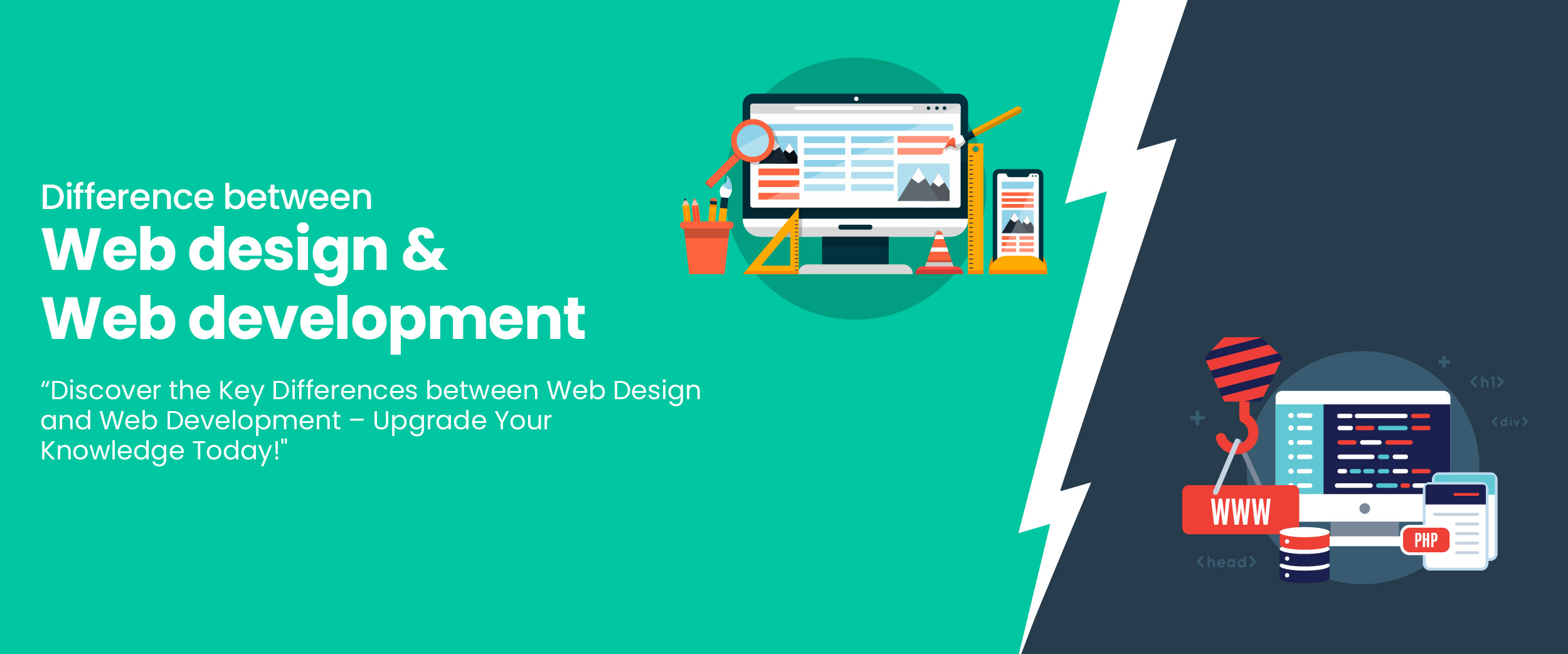
 Web Development: Bringing Functionality to Life
Web Development: Bringing Functionality to Life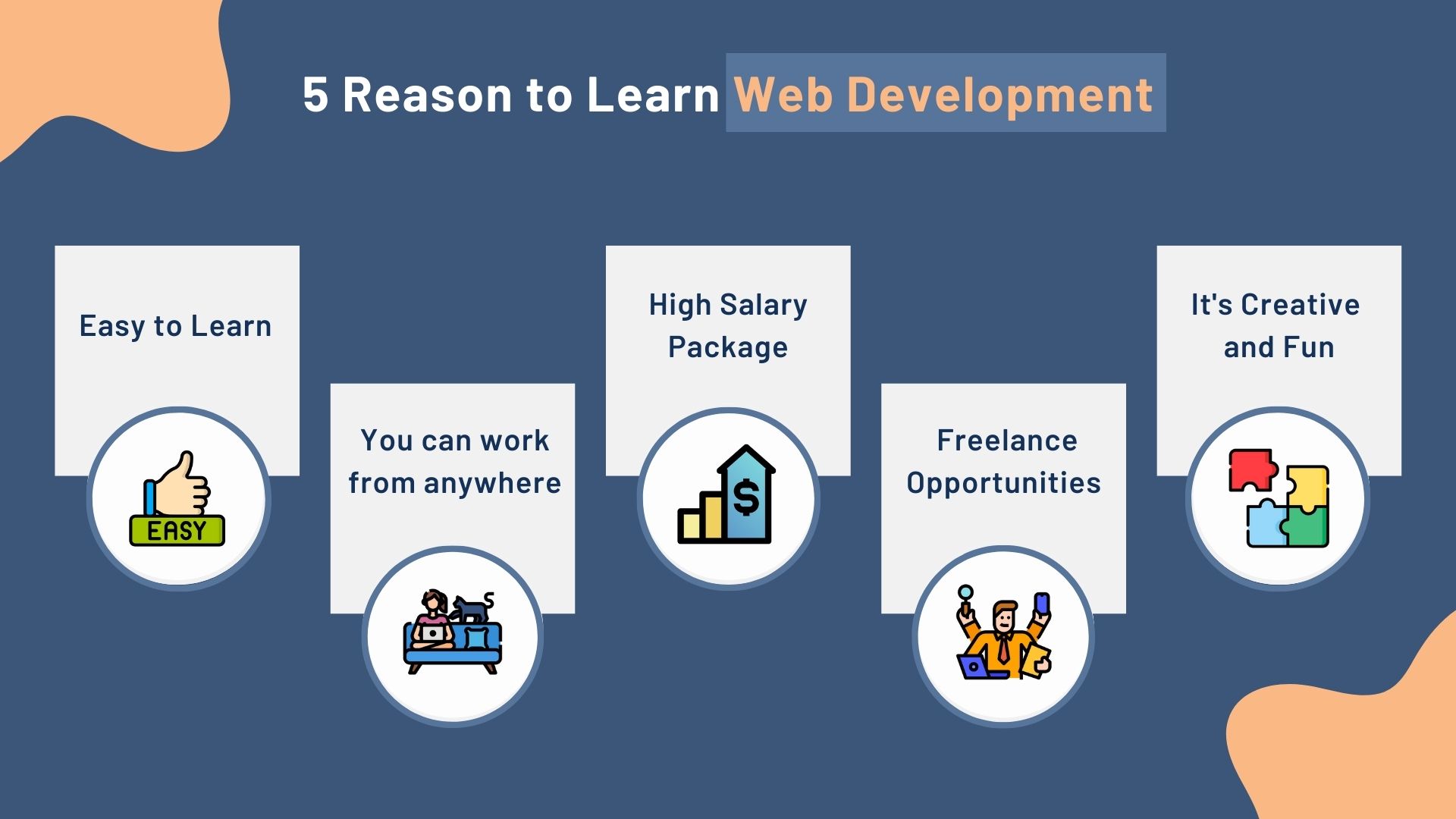
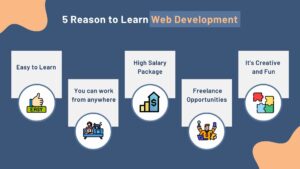 1. Endless Career Opportunities
1. Endless Career Opportunities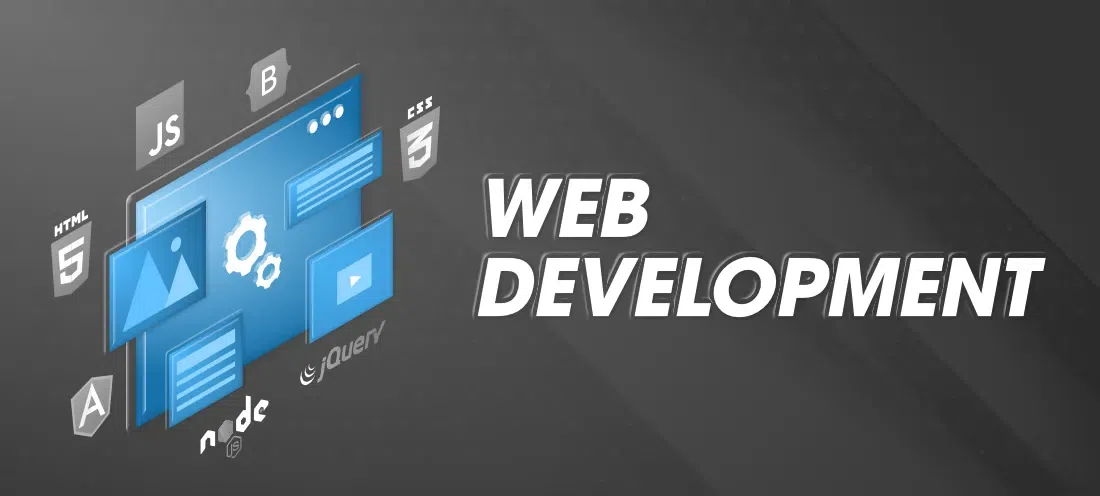
 Why Learn Web Development.
Why Learn Web Development.

